How Chinese fortune cookies came to be, and why they haven't been heard of in China
Categories: Asia | Food and Drinks | North America
By Pictolic https://pictolic.com/article/how-chinese-fortune-cookies-came-to-be-and-why-they-haven39t-been-heard-of-in-china.htmlFortune cookies are served in most Chinese restaurants in the United States. Vanilla baked goods contain a small piece of paper with a prophecy, wise saying or aphorism. Many are sure that the idea of baking such cookies was born in the Middle Kingdom. That's why they are often called "Chinese". But if you tell a Chinese resident about this traditional delicacy, he will most likely be surprised.

Until the 1940s, fortune cookies could be purchased in restaurants in San Francisco, California, and not at all in Chinese ones. Later, such baked goods gradually began to appear in other states, conquering the entire country in a few years. Chinese catering entrepreneurs did not shy away from innovations that promised good profits.
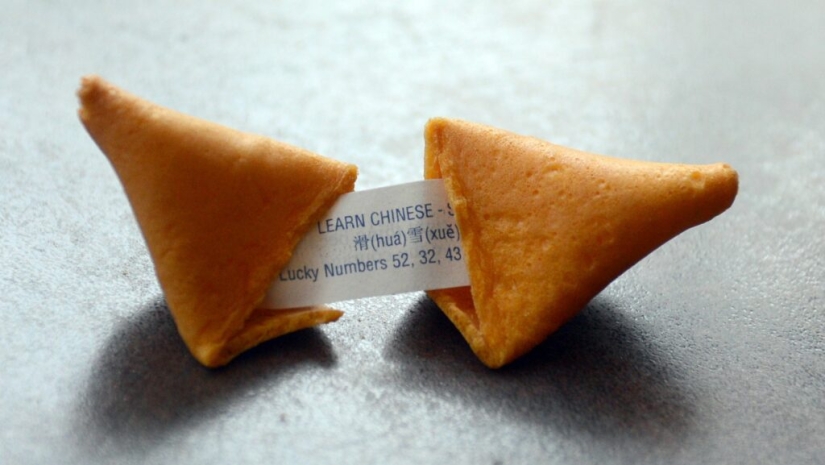
Cookies with a message have become an integral part of Chinese establishments. True, at the dawn of its popularity it was not called Chinese at all. In menus and reference books, the sweet was called “Traditional American Cookies.” Does this mean that fortune cookies were invented by enterprising Americans?

It turns out that papers with random predictions were not invented by the Chinese or residents of the United States. Their homeland is Japan. The Shinto shrines of the Land of the Rising Sun have long practiced the omikuji ritual of fortune-telling. Visitors to shrines wrote down options for solving a problem on pieces of rice paper, and then, without looking, chose one of the notes rolled into a tube.
It was believed that this was the most correct decision, suggested by the gods themselves. The omikuji ceremony still exists today, although it has changed somewhat. Now tickets in the temple do not solve problems, but predict fate. Monks write prophecies and then tie them to a fence or sacred tree. The visitor pays a small fee and takes a note at random. They usually tell fortunes like this before the New Year.
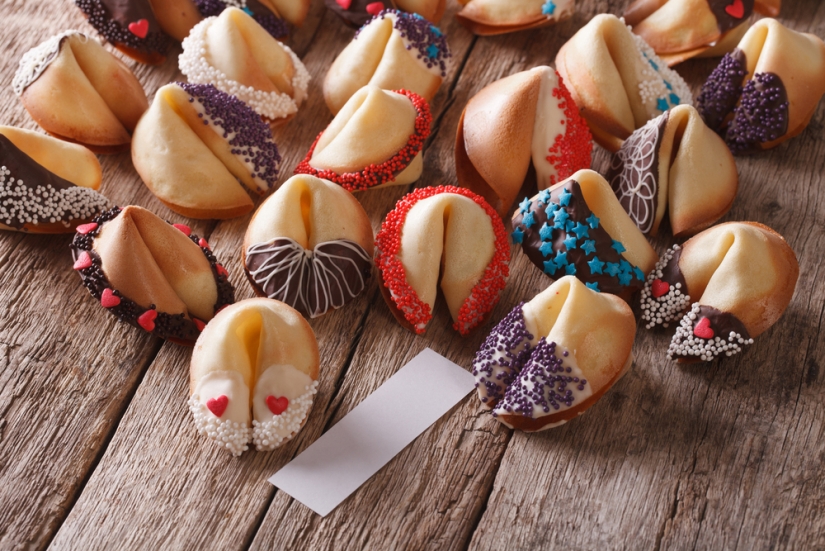
But there is still debate about who came up with the idea of putting pieces of paper in cookies. Any resident of the United States will tell you that the treat is called “Chinese fortune cookies.” But those who are seriously engaged in the study of American culinary traditions can offer different options for its origin.
Most believe that the author of this dessert was the Californian confectioner of Chinese origin, David Tsung. He allegedly invented the "destiny cookie" in 1818 or 1819. It survived unchanged into the 20th century and became an American classic. But there is one serious flaw in this hypothesis. The fact is that at that time California belonged to Spain, and there were very few Chinese there. Moreover, it was difficult to find a representative of this people with a name like David.
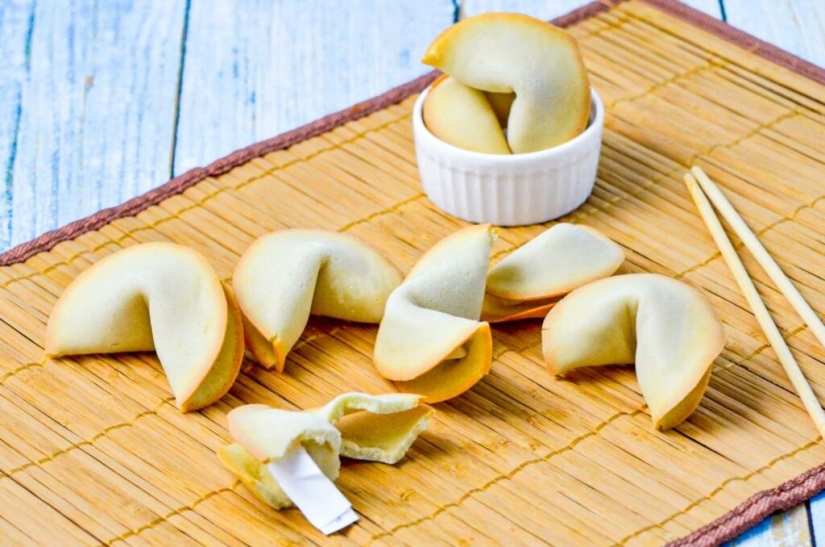
The second version, Japanese-American, is also associated with the fertile Californian land. True, if you believe her, cookies appeared in 1900, in San Francisco. Its creation is attributed to Japanese migrant Makoto Hagiwara. He worked for many years as caretaker of a tea house in the city's famous Golden Gate Park. But his superiors disliked him and as a result Makoto was unfairly fired. They say that the mayor of the city himself, who had hostility towards Asians, had a hand in this.
The Japanese was able to regain his position after 7 years, not without the help of friends and just citizens with an active position. In gratitude for their support, Hagiwara presented everyone who cared with an interesting confectionery novelty - cookies with fortunes inside.
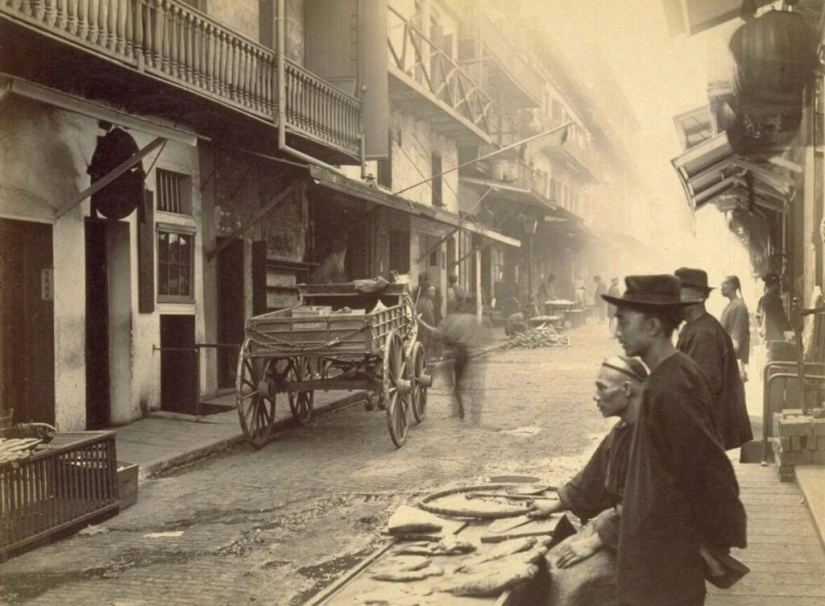
There is an even later and again Chinese version, dating back to 1911. According to it, the palm goes to George Jung, who arrived in the Chinatown district of San Francisco from Hong Kong. In his homeland, this man had a solid business - he owned the Hong Kong Pasta Factory. But at the turn of the century, for some reason, he emigrated to the USA, where he had to start the business from scratch. This story of the appearance of cookies was told by cook and writer Grace Chu in her book Madame Chu's Cooking School.
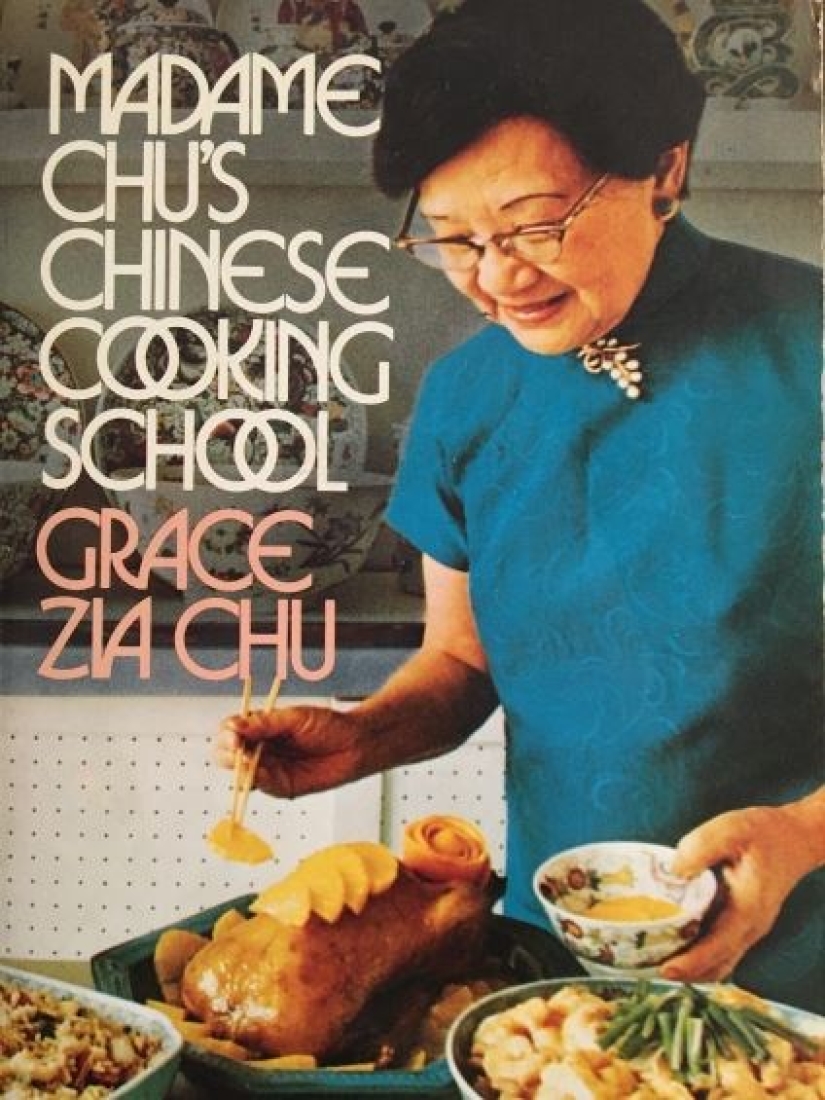
It is likely that we will never know who came up with the idea to modernize Japanese fortune telling and make it tasty. One thing is for sure, such cookies are not very well known in China and most residents of this huge country have not even heard of them.
Recent articles

It's high time to admit that this whole hipster idea has gone too far. The concept has become so popular that even restaurants have ...

There is a perception that people only use 10% of their brain potential. But the heroes of our review, apparently, found a way to ...

New Year's is a time to surprise and delight loved ones not only with gifts but also with a unique presentation of the holiday ...